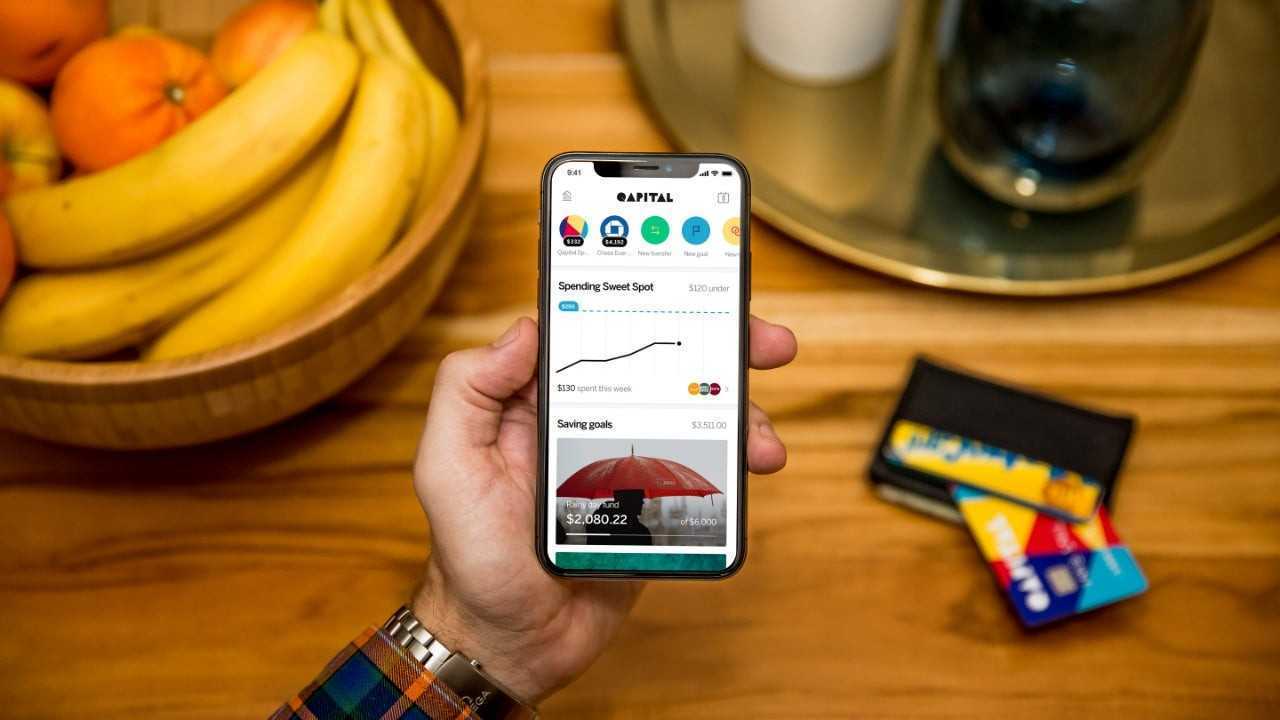Top 10 Best Money-Saving Apps
Whether you're an experienced saver or a beginner, the top money-saving apps help you grow your bank account. All you need is a bank account and a smartphone, and each app provides its unique set of tools and saving techniques. These applications are intended to motivate you to start saving without overthinking it, in addition to their useful features. It's crucial to read the terms and conditions since you'll need to share your bank information with money-saving software (unless your bank provides it for you directly).
Digit
Digit is a savings software that automatically tracks transactions into and out of your checking account. Then, it periodically transfers money from checking to savings in quantities that, according to its algorithms, are secure to save. If you favor outsourcing financial choices and consider yourself a spender rather than a saver, Digit is a smart alternative. Digit charges customers $5 per month after a risk-free 30-day trial. The auto-savings option, along with the capability to utilize the app to reduce credit card debt and set savings goals, is all included in that charge. Digit offers a benefit that might help with the membership cost: a 0.1 percent yearly savings incentive that is paid out every three months. Digit will inform you if it determines you are unable to make any payments. Digit won't withdraw any funds if it deems that you are unable to save any money until you are in a more secure situation.
Digit will repay up to two occurrences of overdrafts if they happen by mistake. Additionally, overdraft protection is an option. It will take one to three business days for the money to go back into your bank account. You may spend 99 cents to have the money transferred back into your bank account within 30 minutes if you want the money straight now. Since your funds are kept in FDIC-insured institutions, you are covered up to $250,000 in case of loss. Oportun, a fintech business, purchased Digit in 2021, and as a result, the app's name will soon change to Oportun.
Qapital
With a unique twist, Qapital also wants to make saving modest sums of money simply by allowing users to create savings rules. For instance, you might set up a rule for guilty pleasures that would cause the app to remove money from your savings each time you place an order for takeout. Similar to several investment apps, Qapital can round up your change at the cashier and put it into your account. For instance, the app would move 50 cents from your checking account to your savings if you used a debit card to pay for a $4.50 coffee. To make the roundups larger, you may also establish a rule. The software is frequently praised for its visually-oriented goals-based methodology. You can include pictures with your objectives so that the portal serves as a digital version of money.
Long game
Long Game aims to divert some of the money that would have been used to purchase items like lottery tickets to savings. Users may sign up with partner banks using the app and get cash rewards for making savings. To achieve goals, users can play games to earn money and finish savings assignments. The software also allows you to obtain advice on how to save money and build up your financial objectives.
Chime
Since its debut in 2014, the digital-only company Chime has attracted millions of consumers. It offers several automated saving options for bank accounts. If you direct deposit money into your Chime account, you may set up a rule to have Chime put a specified portion of your pay into savings. There is also a round-up option available to improve savings. The annual percentage yield (APY) of the Chime savings account is significantly higher than the national average. Since Chime isn't officially a bank, it doesn't store your bank deposits like other challenger banks do. The Bancorp Bank and Stride Bank, two FDIC-insured partner banks, are in charge of holding customer funds.



















